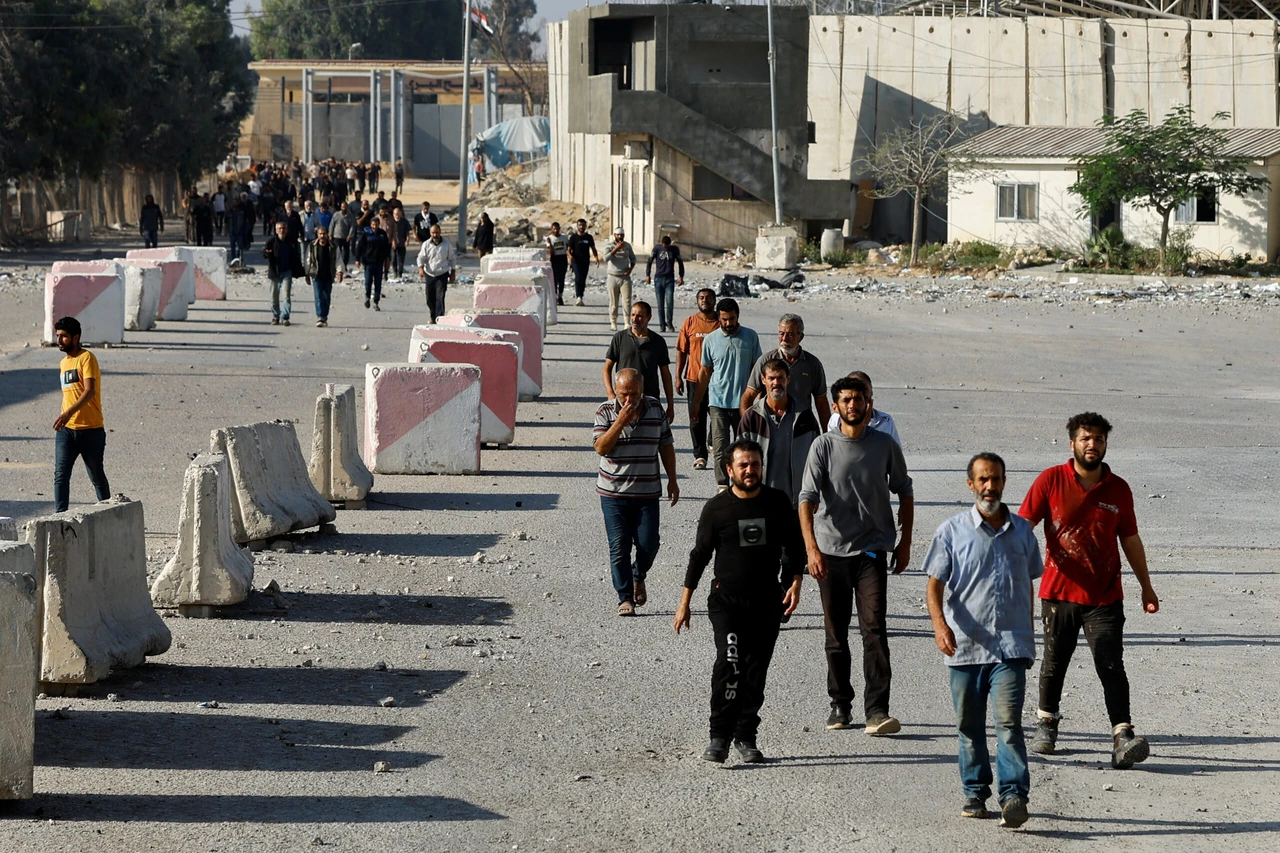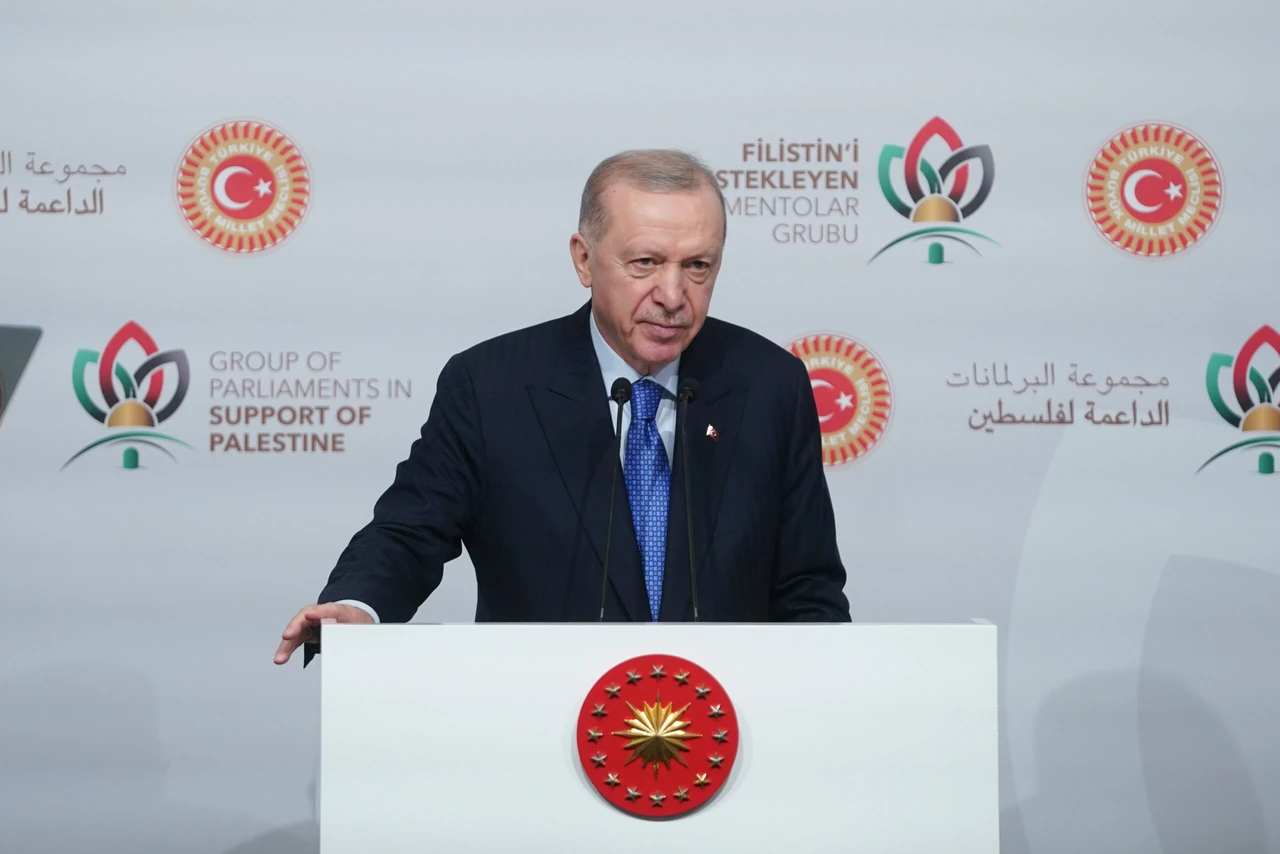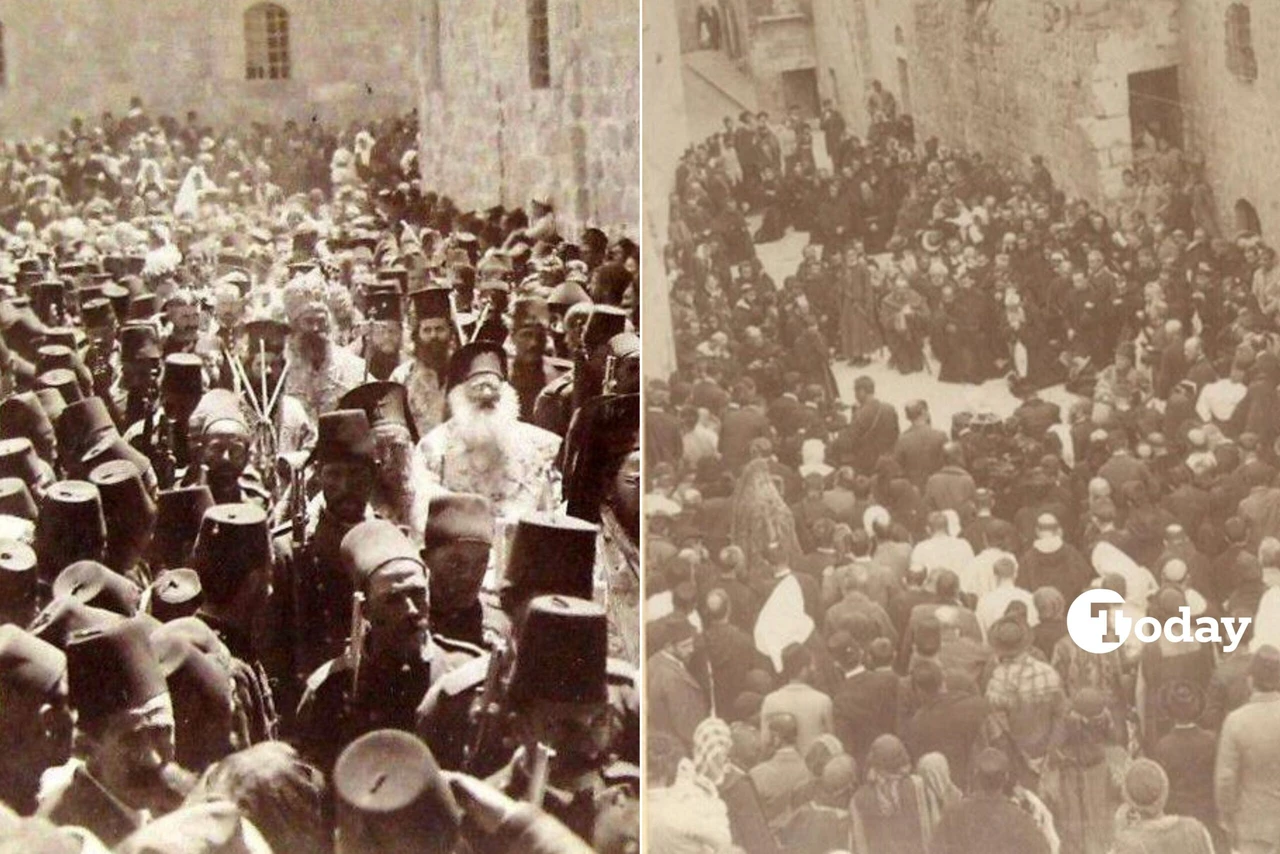Israel recruits African asylum seekers for Gaza operations in exchange for residency
 Palestinian labourers, who were in Israel during the Hamas October 7 attack, arrive at the Rafah border after being sent back by Israel to the strip, in the southern Gaza Strip, November 3, 2023. (Reuters Photo)
Palestinian labourers, who were in Israel during the Hamas October 7 attack, arrive at the Rafah border after being sent back by Israel to the strip, in the southern Gaza Strip, November 3, 2023. (Reuters Photo)
Israel has come under intense scrutiny for a new policy that offers African asylum seekers permanent residency in exchange for participation in military operations in Gaza. The program, which has not yet been formally acknowledged by the Israeli government, was reported by Haaretz, citing firsthand accounts and statements from defense officials.
The recruitment strategy has been widely criticized for exploiting the desperation of asylum seekers, many of whom fled their home countries due to conflict. Critics argue that Israel is leveraging the vulnerable legal status of these individuals, offering them a path to residency at the cost of their lives in a high-risk war zone.
According to Haaretz, Israel is seeking to formalize the recruitment process with guidance from legal advisors within the defense establishment. However, despite promises of permanent legal status, none of the asylum seekers who have participated in the operations have been granted the rights they were assured. The issue has raised serious ethical questions, particularly as the Israeli military has been heavily involved in Gaza following the Oct. 7 attack.
At least three asylum seekers were reportedly killed during that assault. Israel’s ongoing military operations in Gaza, which began in response to the attack, have left over 41,206 dead and more than 95,000 injured, according to recent reports.
There are currently about 30,000 African asylum seekers in Israel, with around 3,500 Sudanese citizens holding temporary status as they await court decisions on their applications. Many of these asylum seekers have already been contributing to Israel’s war effort by volunteering for civilian duties, such as agricultural work and assisting in command centers.
One asylum seeker, who arrived in Israel at the age of 16 and holds temporary status, recounted receiving a call from a man identifying himself as a police officer. He was asked to report to a security facility, where he was told the military was recruiting individuals for what was described as a “life-or-death war” for Israel. The asylum seeker was offered a two-week training period, along with pay comparable to his current job. It remains unclear why he and others were selected for military service.
The use of asylum seekers in military operations has not only drawn condemnation from human rights groups but also sparked internal debate in Israel. Critics argue that the policy takes advantage of individuals who are already marginalized. Past reports indicate that Israel’s interior ministry has even explored drafting the children of asylum seekers educated in Israeli schools into military service, continuing a practice of allowing children of foreign workers to serve in exchange for residency status for their immediate families.



